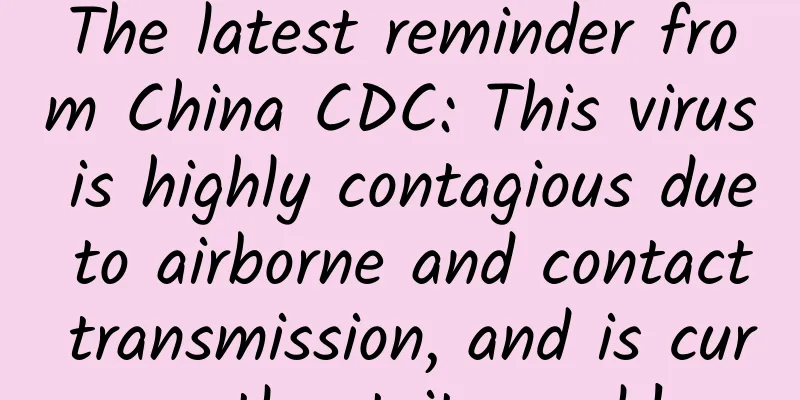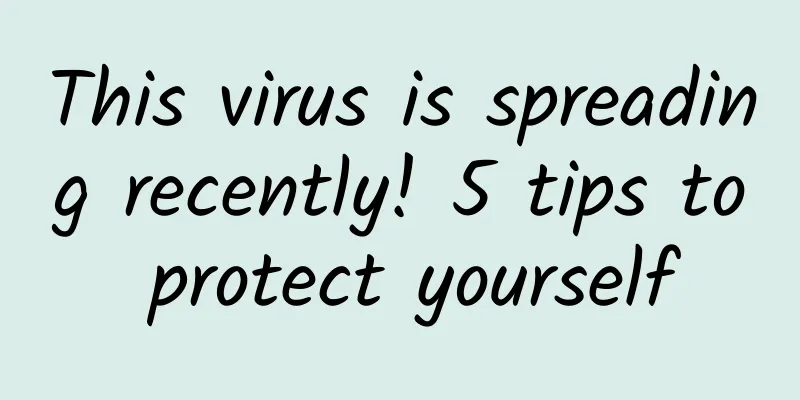"Stones" growing in the gallbladder

|
1. Is bile secreted by the gallbladder? Many people think that bile is secreted by the gallbladder. In fact, bile is secreted by the liver. Its main function is to assist in the digestion of fat, and the gallbladder is just its storage container. The gallbladder is like a warehouse that stores bile for future use. Once the proportion of bile is not right, it is over-accumulated, or there is a problem with the warehouse itself, bile is likely to form gallstones. 2. How do stones grow on the gallbladder? People call the disease of stones in the gallbladder or bile duct cholelithiasis, which is a common and frequently occurring disease in surgery. According to the composition, gallstones can be divided into three types: cholesterol type, bile pigment type and mixed type. Cholesterol stones are the most common in clinical practice. The stones do not "grow" on the gallbladder out of thin air. In essence, gallbladder cholesterol stones are a metabolic disease. In layman's terms, it is an overnutrition. The amount of cholesterol excreted exceeds the carrying capacity of bile, resulting in the precipitation of cholesterol crystals, which eventually leads to the formation of cholesterol stones. 3. What are the risk factors for gallstones? According to current research, the main risk factors for gallstones are: (1) Genes: The occurrence of gallstones has a certain genetic tendency. If someone in the family has had gallstones, the risk of their offspring developing gallstones will be much higher. (2) Age: Current epidemiological surveys show that the older the age, the greater the risk of gallstones. (3) Weight: Being overweight or losing weight rapidly will increase the risk of gallstones. (4) Diet: Studies have found that eating high-calorie foods frequently, especially a diet high in sugar and low in dietary fiber, can easily cause gallstones. 4. What are the symptoms of gallstones? When the gallstones do not block the passage, there are basically no symptoms. However, if they do, there will be severe abdominal cramps, which feel like holding a stone and stabbing the gallbladder. The pain will not only be in the right upper abdomen, but also spread to the right shoulder or right back, accompanied by nausea and vomiting. In addition, some people will have symptoms of jaundice, and the skin and eyes will appear yellow. 5. Is it possible to avoid surgery if the stones are small? The size of gallstones is not an indicator for deciding whether to undergo surgery. First, small gallstones are easily stuck in the neck of the gallbladder, preventing bile from being discharged and causing strong contraction of the gallbladder, which will cause severe pain and require urgent cholecystectomy. Second, small gallstones are easily discharged into the common bile duct due to strong contraction of the gallbladder, forming secondary common bile duct stones, which can cause life-threatening emergencies such as obstructive jaundice, acute suppurative cholangitis, and acute pancreatitis. 6. In what cases does gallstones require treatment? Some gallstones may be asymptomatic for a long time or for life. Such gallstones are not harmful to the human body and only require regular follow-up. However, once gallstones are "stuck", they will cause upper abdominal pain that radiates to the shoulders and back, accompanied by typical biliary colic symptoms such as fever and jaundice. At this time, you must seek medical treatment. Whether to remove the gallbladder requires clear surgical indications. Cholecystectomy should only be considered when symptoms occur and recur, when there are filling stones, when the stones are sludge-like, when the stones are larger than 2 cm, and when the gallbladder function is impaired. Asymptomatic gallstones need to be evaluated by professionals to make a decision on whether to follow up with conservative treatment or undergo cholecystectomy. 7. Will gallbladder removal affect body functions? As mentioned above, bile is not secreted by the gallbladder. As long as you eat on time and do not consume large amounts of high-fat foods after the operation, gallbladder removal will usually not affect your normal life. 8. How to prevent gallstones? (1) Control your diet: Avoid eating too much greasy, cholesterol-rich food, such as fatty meat, animal offal, egg yolks, etc.; encourage the consumption of vegetable oils, which have a bile-boosting effect; eat more foods rich in vitamin A, such as spinach, pumpkin, tomato, and carrot; eat more fresh vegetables and fruits to increase your vitamin intake, which can prevent the formation of stones and facilitate bowel movements, and are beneficial to the contraction of the gallbladder and bile duct and the excretion of bile. Oranges, in particular, have a significant effect on reducing the formation of gallstones. (2) Eat regularly and pay attention to breakfast: Gallstones are related to poor secretion and excretion of bile. Eating regularly, especially eating breakfast on time, can stimulate the timely discharge of bile stored in the gallbladder and avoid the occurrence of stones. (3) Avoid overeating and do not consume irritating foods such as alcohol. Overeating will stimulate the movement of the sphincter of Oddi, increase the burden on the biliary system and pancreas, and induce the occurrence of pancreatitis and stones. (4) Exercise regularly and control your weight. (5) Drink more water and less sugary drinks. |
Recommend
Will I get pregnant if I have sex a few days before ovulation?
What makes fathers happiest? What makes mothers h...
How to make your hair look good
Everyone loves beauty, and both boys and girls wa...
Causes of pain in the lower right side of the belly button in women
Almost all women have experienced pain in the low...
Tide, tide, tide! Say no to getting wet during the rainy season
"When it rains at the beginning of the plum ...
Is it difficult to make egg yolk crisps? What are the techniques for making egg yolk crisps?
We all know that egg yolk pastry tastes crispy an...
Can vaginal ultrasound detect cervical erosion?
Vaginal ultrasound is an examination technique th...
Can fitness help enlarge breasts?
In the gym, you can often see many women doing fi...
Low progesterone and no bleeding in early pregnancy
The early stages of pregnancy are a dangerous per...
How to solve postpartum sexual indifference?
Postpartum sexual apathy is something that must b...
What is the cause of breast pain and lumps during lactation?
Breast milk is the most natural and safest food f...
What underwear should I wear after breast augmentation?
Everyone develops differently. Some people have b...
What does blocked fallopian tubes feel like?
If a female friend cannot get pregnant during the...
Will low estradiol slow down the doubling of hcg?
If estradiol is low, it is important to adjust it...
Can I eat mangosteen when I have my period?
Jackfruit is a relatively popular fruit with a sw...
What to do with uterine fibroids? Gonadotropin treatment
Uterine fibroids are a common gynecological disea...









